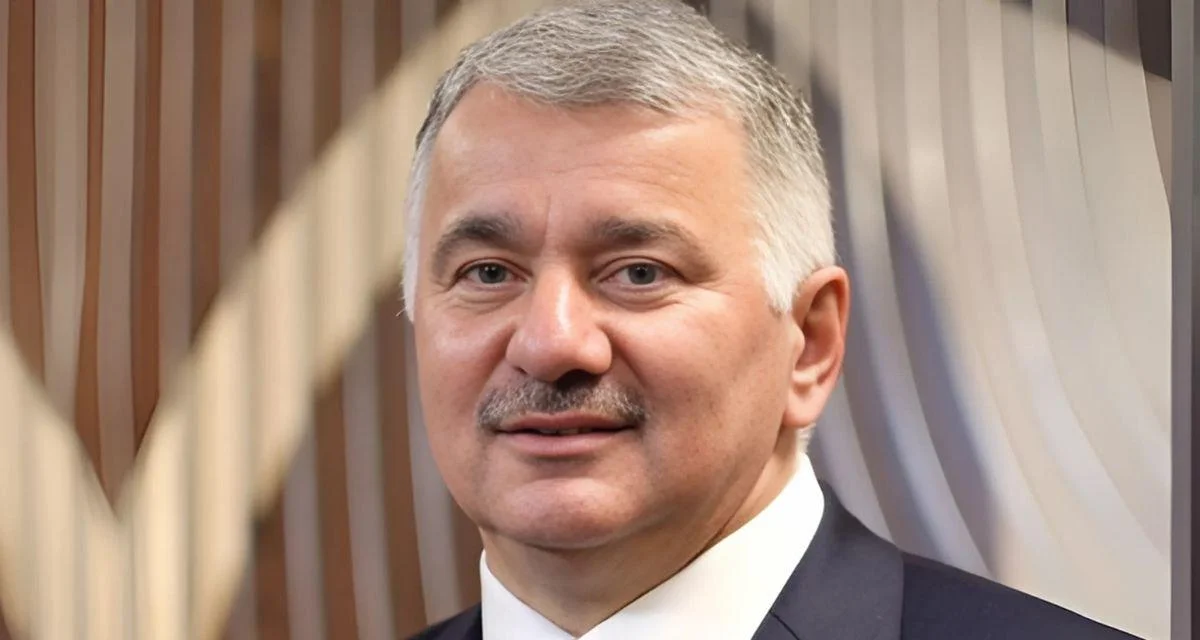KLM Royal Dutch Airlines has advanced its sustainability efforts by successfully deploying a Taxibot on its first passenger flight from Amsterdam Schiphol Airport. The event took place on December 10, with a Boeing 737 being towed from the gate to the Polderbaan runway using this innovative tow vehicle. This initiative allows aircraft to keep their engines off until reaching the runway for takeoff, marking an important step in reducing carbon emissions and improving air quality at the airport.
Amsterdam Schiphol Airport shared the news on social media platform X, describing it as "a successful test." The post stated: "At Schiphol, the first @KLM passenger flight was taken from the gate to the Polderbaan Runway by a Taxibot. By using a Taxibot, aircraft engines can stay off until departure. This contributes to better air quality and noise reduction on the apron."
The Taxibot is part of KLM's ongoing commitment to sustainability and represents a trend towards environmentally friendly ground operations in aviation. According to KLM, this semi-robotic tow truck helps minimize particle emissions, CO₂, and nitrogen oxides (NOx) while reducing noise pollution during taxiing.
 Alerts Sign-up
Alerts Sign-up








